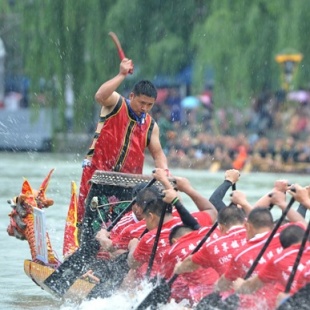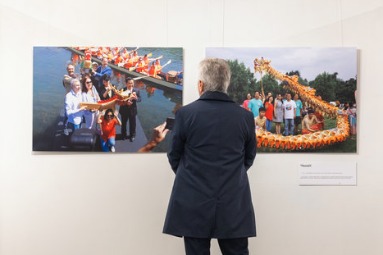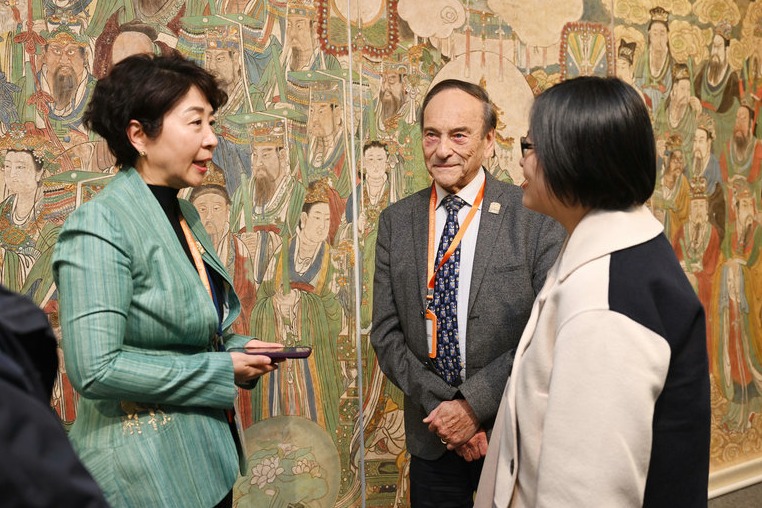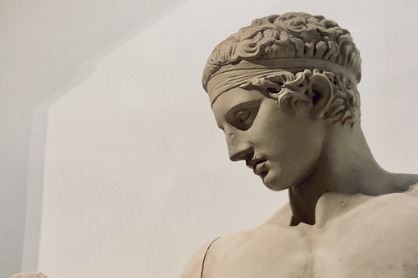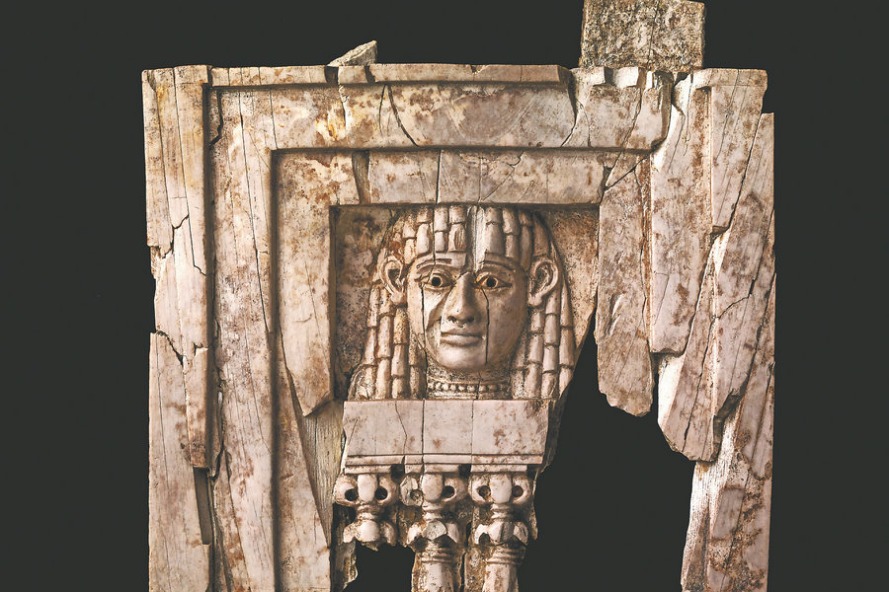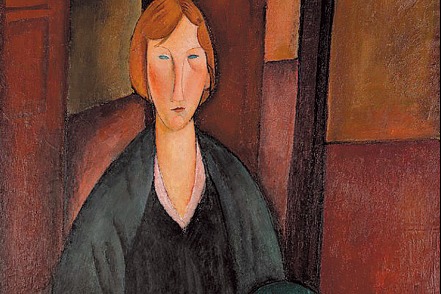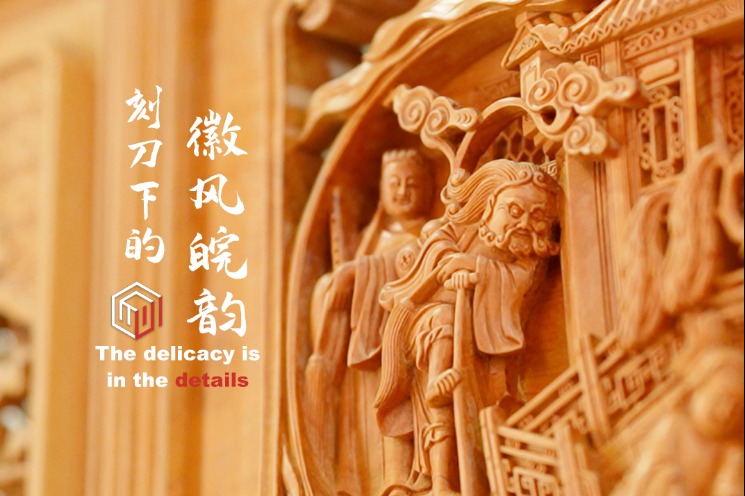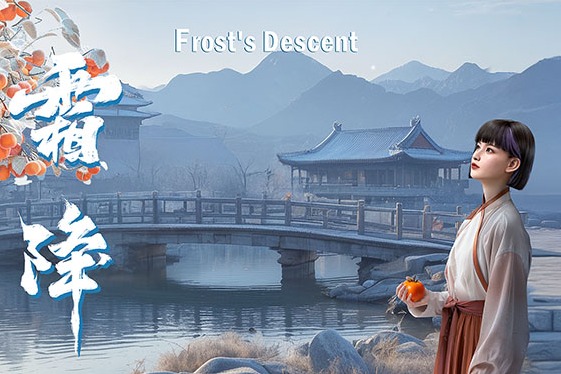Regardless of name, an event worth celebrating


Besides these, there are also many customs including hanging Chinese mugwort and calamus, wearing five-color ropes, sachets, putting on charms, and drinking xionghuangjiu, realgar liquor.
Valuing marriage is also an important part of the Duanwu Festival. Duanwu is also called Daughter's Day. On this day, the married daughter goes back to her parents' home and the unmarried to-be son-in-law visits the future father-in-law's family.
"The Duanwu Festival is about the time to harvest wheat, so the married daughter comes back home for a meal to try the new wheat," Lin explains. "It aims to value the relationship between families and marriage and also shows people's aspirations to a better life."
Besides the dragon boat and zongzi, water is also an important element of the festivities.
The Duanwu Festival is also named the Yulan Festival. It translates as the best time of the year to have a bath with Chinese herbs.
The tradition is still kept up in the Guangxi Zhuang autonomous region. On the morning of the day, people go to the mountains to collect herbs and boil them in a large pot for a bath.
In Fan Zhiming's book about the natural conditions and social customs of Yuejiang, Hunan province, in the Song Dynasty (960-1279), he recorded a ceremony to avoid plague-a boat race.
Lin thinks all historical figures about the Duanwu Festival are related to water and to ward off floods by offerings sacrifices to the gods.
"There are two aspects showing the relation between the Duanwu Festival and water, one is to use water to wash out the filth, disaster and disease, and the other one is to use water as a support for the dragon boat race," Lin says.
Lin thinks all Duanwu customs demonstrate the common values of Chinese people, which shows the relationship between nature and human beings and people's ideals and pursuit of life.
He thinks comprehensiveness is one key characteristic of the customs of Duanwu. "The customs of Duanwu are gradually developed in the historical development, and each custom is born in different time, inherited in different ways and merged with other content," Lin says.
According to Lin, of all the 56 ethnic groups in China, 27 have their own Duanwu Festival including the Han, Hui, Miao, Zang, Zhuang and Yao ethnic groups.
He thinks the ethnic groups have gradually developed their own Duanwu customs through mutual learning, which makes the festival a cultural bridge to span language barriers. "Because all ethnic groups share the same value orientations and same views for life," he says.


